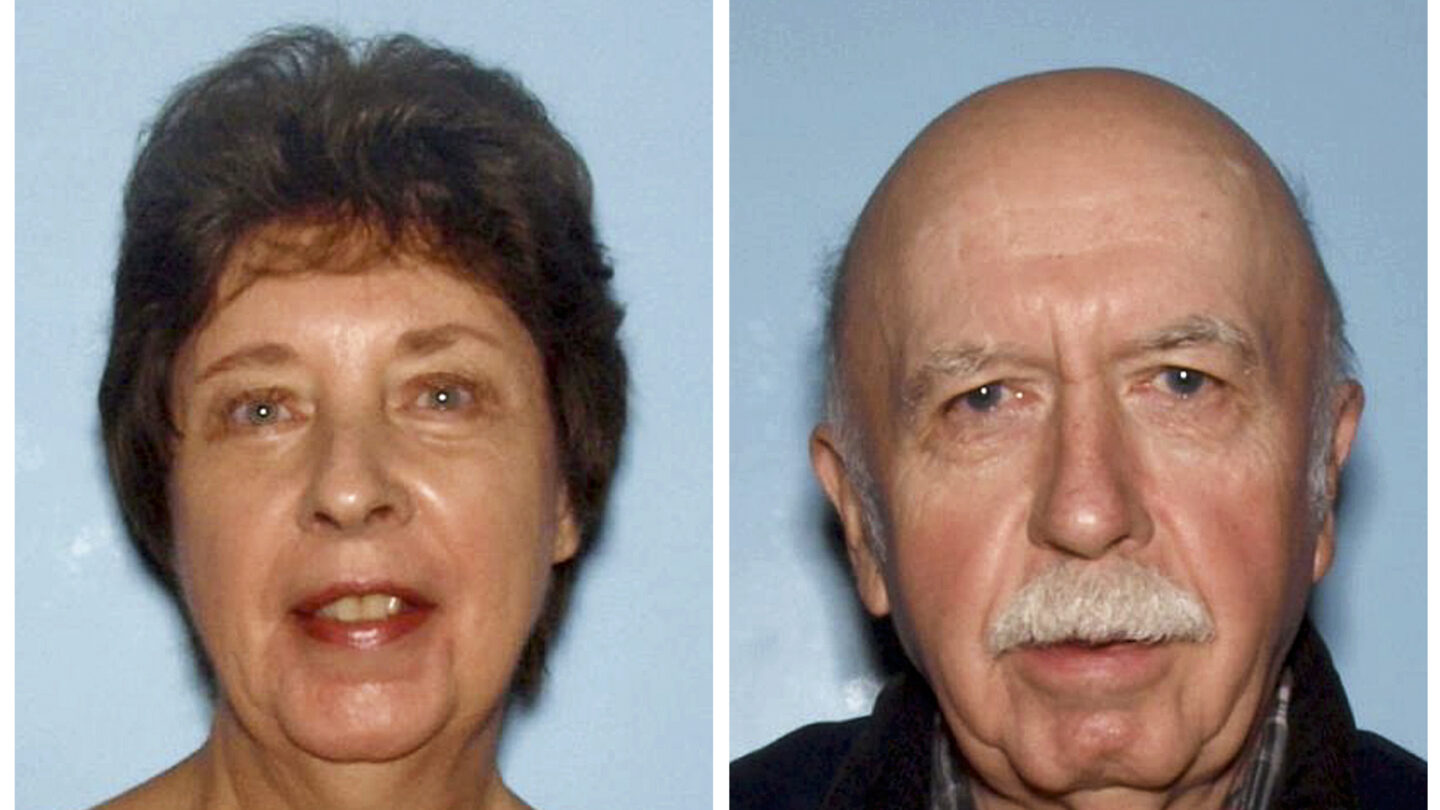Someone fishing with a magnet dredged up new evidence in Georgia couple's killing, officials say

Someone using a magnet to fish for metal objects in a Georgia creek pulled up a rifle as well as some lost belongings of a couple found slain in the same area more than nine years ago.
The Georgia Bureau of Investigation says driver’s licenses, credit cards and other items dragged from Horse Creek in rural Telfair County are “new evidence” in a murder case that’s still awaiting trial.
A citizen who was magnet fishing in the creek on April 14 discovered a .22-caliber rifle, the GBI said in a news release Monday. The unnamed person returned to the same spot two days later and made another find: A bag containing a cellphone, a pair of driver’s licenses and credit cards.
The agency says the licenses and credit cards belonged to Bud and June Runion. The couple was robbed and fatally shot before their bodies were discovered off a county road in January 2015.
Authorities say the couple, from Marietta north of Atlanta, made the three-hour drive to Telfair County to meet someone offering to sell Bud Runion a 1966 Mustang.
A few days later, investigators arrested Ronnie Adrian “Jay” Towns on charges of armed robbery and murder. They said Towns lured the couple to Telfair County by replying to an online ad that the 69-year-old Bud Runion had posted seeking a classic car, though Towns didn’t own such a vehicle.
Towns is tentatively scheduled to stand trial in August, more than nine years after his arrest, according to the GBI. His defense attorney, Franklin Hogue, did not immediately return phone and email messages seeking comment Tuesday.
The items found in the creek led investigators to obtain warrants to search a Telfair County home where they recovered additional evidence, the GBI’s statement said. The agency gave no further details.
Georgia courts threw out Towns’ first indictment over problems with how the grand jury was selected — a prolonged legal battle that concluded in 2019. Towns was indicted for a second time in the killings in 2020, and the case was delayed again by the COVID-19 pandemic. He has pleaded not guilty.
Court proceedings have also likely been slowed by prosecutors’ decision to seek the death penalty, which requires extra pretrial legal steps.








